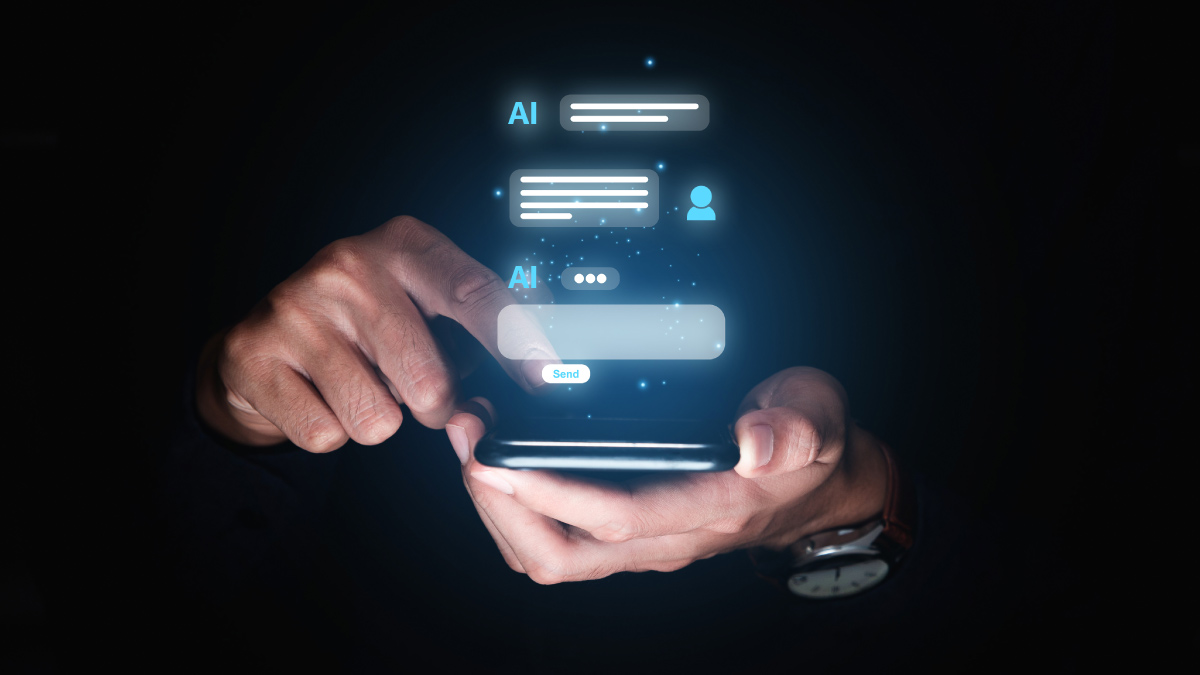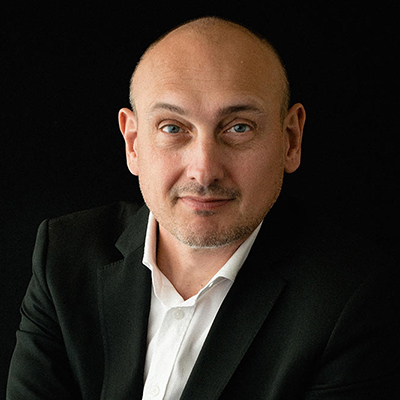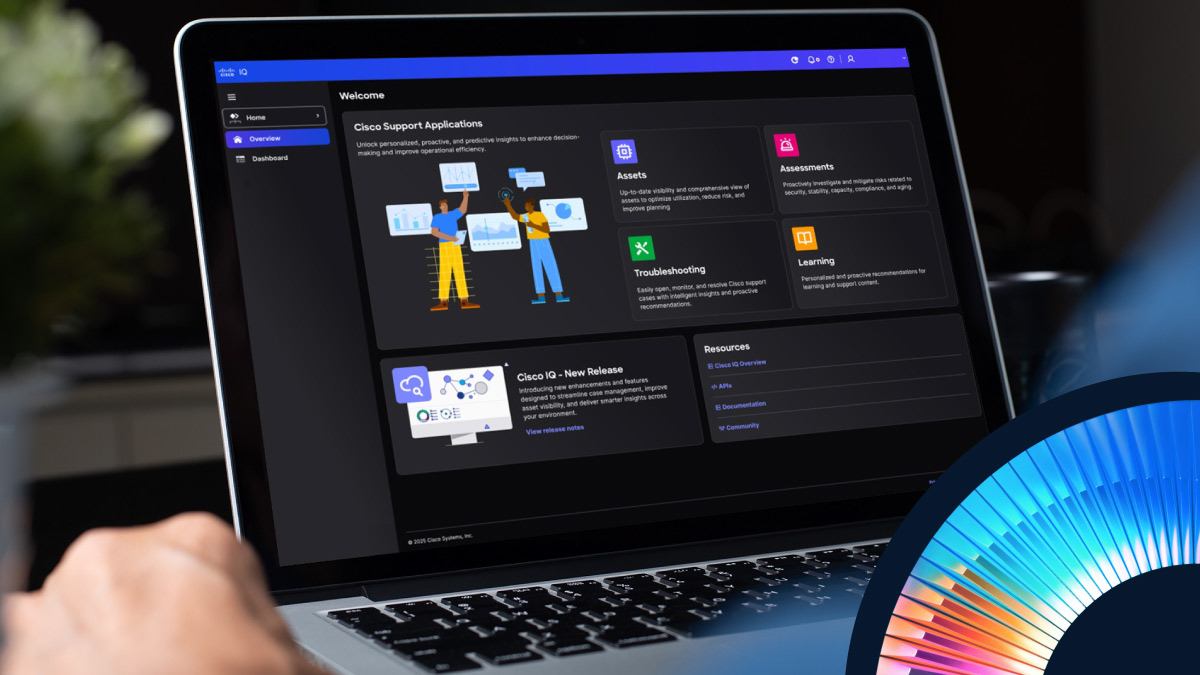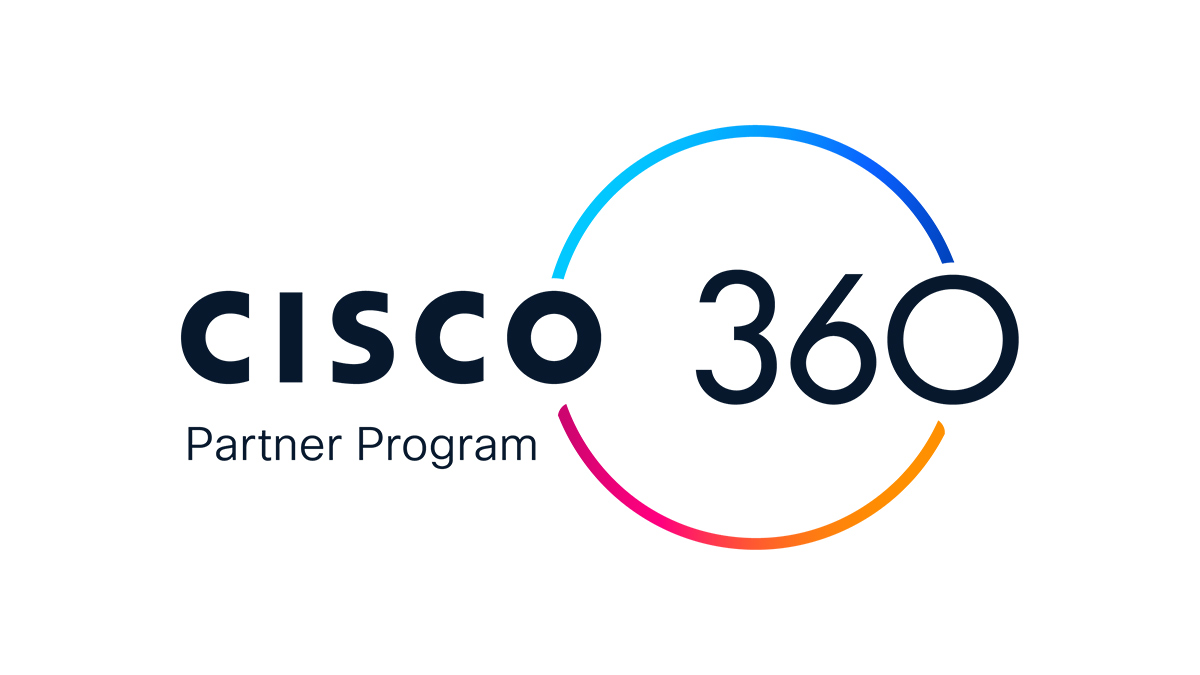In two years, artificial intelligences such as OpenAI’s cheeky chatbot have become serious tools for business transformation.
November 30, 2022, was the day that artificial intelligence (AI) took over the world—or started to.
It was the launch date of ChatGPT, an AI chatbot that within just two months became the fastest-growing consumer software application in history, racking up more than 100 million users, and has since gone on to be the standard bearer for booming AI use everywhere.
ChatGPT—the GPT stands for “generative pre-trained transformer”—was not the first AI on the market, by far.
Indeed, enterprise software platforms such as Webex by Cisco has been incorporating AI algorithms for some time before ChatGPT was launched, for tasks such as automated notetaking and audiovisual signal optimization.
Today, AI is a standard part of Webex—even if users are not always aware of it.
Thanks to AI-based noise cancellation technology, for instance, “Webex has translated 1B+ minutes of meetings in real-time and removed unwanted background noise from billions of minutes meetings,” says Amit Barave, Webex’s vice president of product management.
But ChatGPT, launched by a company called OpenAI that was founded by visionaries including Sam Altman and Elon Musk, thrust AI into the mainstream. “ChatGPT was a seminal moment,” says Barave.
“It is like having a conversation with someone who has all the publicly available knowledge and information, can give you the answers, recommendations and someone you can even ideate with,” he says.
Despite this vast capability and ChatGPT’s monumental growth and rapid advances—the version 3.5 launched in 2022 has now been superseded by a more powerful ChatGPT-4—many users are still only starting to scratch the surface of what the chatbot can achieve.
Then there are users such as David Anguera, whose lives have changed forever. The founder and CEO of NubemSystems, a small hospitality-focused IT services company in Barcelona, Spain, Anguera had been following AI developments with interest when ChatGPT came out.
When he decided to play around with the free version of the chatbot, “I didn’t have any expectations,” he says.
Yet he quickly saw its potential, moving onto the more powerful paid version of ChatGPT and using the AI for help with reports and proposals.
Creating the long, detailed proposals needed for government grants and support schemes is such an arduous job that Anguera’s company, with just eight employees, had never bothered to do it before.
But with ChatGPT, Anguera could put together a funding request in a week—while also saving time on standard reports. One of the first proposals written with help from ChatGPT has already been accepted and several others look set to get financed.
Having ChatGPT is “a superpower,” says Anguera. “If there are things I’m not sure of, I can ask the AI to act like a technical, administrative, or legal expert, and help me out. Previously I would have had to seek these experts out and select the right ones. It would have taken months.”
Proposals were just the start, however. Soon, Anguera realized ChatGPT could help improve the service that NubemSystems offers to its clients, for example by helping to define cybersecurity policies.
The company is now looking to develop new AI-enabled offerings, working in conjunction with Spanish universities and with proofs of concept expected in 2025.
In tandem, Anguera has introduced AI training for all NubemSystem employees, and staff are starting to use the tool for basic productivity-enhancing applications such as extracting information from document scans and inputting it into spreadsheets.
But perhaps the most eye-catching application in the company is that Anguera has used ChatGPT to create a virtual CEO he and his staff can go to for advice.
Anguera has modelled the AI on himself and given it access to masses of documentation that might be relevant to its job—everything except financial reports, he says.
“It has my values and gives you the same answers I would give, except they are better structured and have more context,” Anguera says. “After all, I’ve only got a limited memory.”
The virtual CEO can stand in for Anguera when he is not available to deal with queries, such as when NubemSystems’ recently appointed commercial officer wanted to know about the company’s competitive positioning in the market.
A larger company would probably have a team dedicated to competitor analysis. But NubemSystems can now access such expertise and much more thanks to ChatGPT.
For a small company with limited resources, OpenAI’s generative pre-trained transformer really is proving transformative. “If you gave me the budget that Elon Musk has, I wouldn’t go to Mars,” says Anguera. “I’d get to Pluto.”





